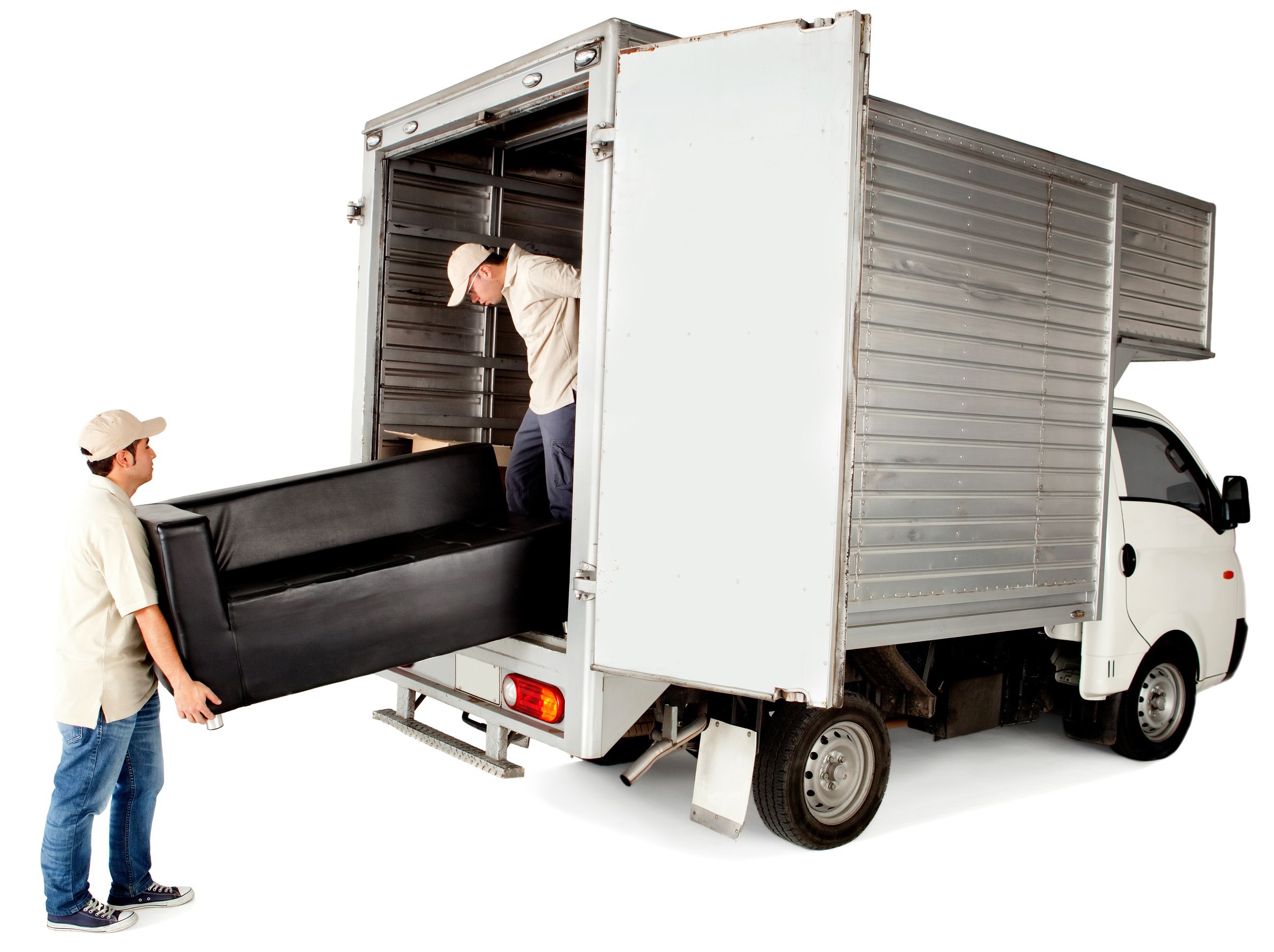A Millwright in Fort Worth has quite a bit of responsibility. Today’s factories, manufacturing facilities, warehouses and other types of businesses can’t operate without those experts in their fields. They’re tasked with installing, assembling, disassembling, upgrading and maintaining various types of equipment needed to keep those companies in operation. Modern-day millwrights have an endless lineup of technology to keep up with, and changes take place every day; of course, this specialty has an extensive history leading up to its current state.
In the Beginning
Based on historical accounts, the millwright profession officially dates back to the 1100s and actually did begin in mills as the name suggests. In the early days, these master craftsmen designed, built and maintained water-powered mills for grinding corn, wheat and other grains. They were also responsible for building early power plants used to fuel nearby villages. As time droned on, the art evolved along with the world.
Forging Ahead
During the late 1700s and early 1800s, the millwright job description expanded to include manufacturing and textiles. Machines needed to operate these types of facilities were significantly different from those used to make flour and cornmeal centuries before. Being a Millwright in Fort Worth meant adapting to the quickly changing needs the Industrial Revolution brought about, and the profession only branched out from there.
Moving into the Present
Technology truly took off once the 1900s rolled around, placing even greater demands on millwrights. During the first ten years of the century, millwrights became responsible for enabling companies to manufacture everything from vacuum cleaners and windshield wipers to paper cups and Fords. By the middle of the century, they were helping factories produce microwaves, Tupperware containers, dialysis machines and disposable diapers to name a few. Once the internet took hold near the end of the 1900s, new advancements began to surge at an even faster rate.
Powering through the twenty-first century, modern-day factories and manufacturing facilities face more challenges than ever. New developments are continually arising, leaving businesses scrambling to stay on top of the latest technological feats. Without millwrights, they would certainly be struggling and lagging behind. Contact DFW Movers and Erectors Inc. to learn more about how today’s millwrights can help your business stay a step ahead of the game.



